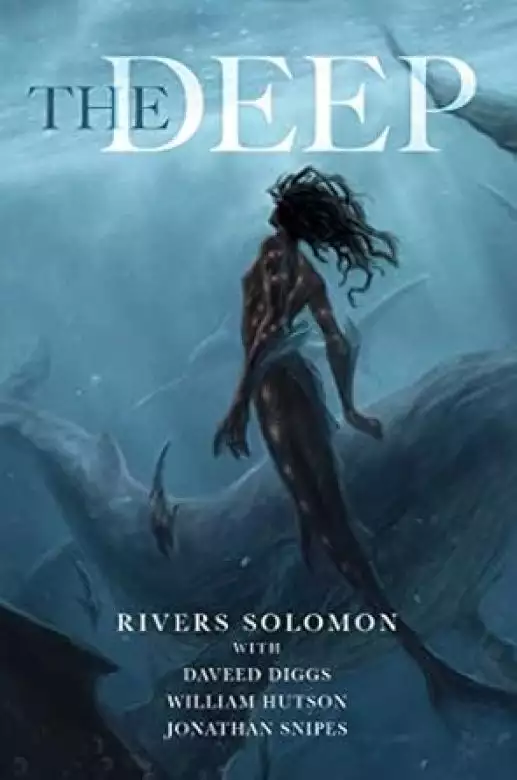
The Deep
- eBook
- Paperback
- Audiobook
- Hardcover
Synopsis
The water-breathing descendants of African slave women tossed overboard have built their own underwater society — and must reclaim the memories of their past to shape their future in this brilliantly imaginative novella inspired by the Hugo Award-nominated song "The Deep" from Daveed Diggs' rap group, Clipping.
Yetu holds the memories for her people — water-dwelling descendants of pregnant African slave women thrown overboard by slave owners — who live idyllic lives in the deep. Their past, too traumatic to be remembered regularly, is forgotten by everyone, save one — the historian. This demanding role has been bestowed on Yetu.
Yetu remembers for everyone, and the memories, painful and wonderful, traumatic and terrible and miraculous, are destroying her. And so, she flees to the surface, escaping the memories, the expectations, and the responsibilities — and discovers a world her people left behind long ago.
Yetu will learn more than she ever expected to about her own past — and about the future of her people. If they are all to survive, they’ll need to reclaim the memories, reclaim their identity — and own who they really are.
Inspired by a song produced by the rap group Clipping for the This American Life episode "We Are in the Future", The Deep is vividly original and uniquely affecting.
Release date: August 4, 2020
Publisher: Gallery / Saga Press
Print pages: 176
* BingeBooks earns revenue from qualifying purchases as an Amazon Associate as well as from other retail partners.